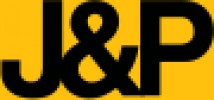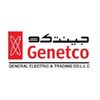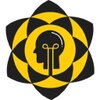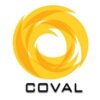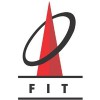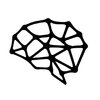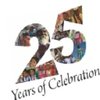
Engaged Employer
i
This company page is being actively managed by
Munyongo Team. If you also belong to the team, you
can get access from
here
Munyongo
13 Munyongo Jobs

Medical Anthropologist Research Associate
2-4 years
Chennai
1 vacancy
Medical Anthropologist Research Associate
Munyongo
posted 8d ago
Job Role Insights
Key skills for the job
Job Description
The primary role of a Medical Anthropologist as a Research Associate is to gather and provide specialised knowledge pertaining to cultural, social, and behavioural aspects of health and wellness, with a focus on the dynamics of allopathic medicine, Complementary and Alternative Medicine (CAM), and the associated Treatment Seeking Behaviour (TSB) patterns across diverse communities. The role involves:
- Ethnographic Research & Community Engagement: Design and conduct ethnographic research in diverse settings, focusing on understanding the dynamics between allopathic medicine and CAM within communities. Engage with communities to collect qualitative data, ensuring respectful and meaningful interactions.
- Analysis of Treatment Seeking Behaviours: Utilise specialised methodologies to analyse TSB patterns, identifying how cultural, social, and economic factors influence healthcare choices and outcomes.
- Cross-Functional Collaboration: Work closely with engineers, healthcare professionals, and project managers to integrate anthropological insights into the design and development of healthcare solutions.
- Knowledge Dissemination: Translate complex research findings into actionable strategies and communicate these insights across interdisciplinary teams. Prepare and present reports, publications, and recommendations based on research findings.
- Fieldwork: Plan and execute field studies, demonstrating flexibility and adaptability in various cultural contexts. Travel frequently to conduct research and engage with study populations directly.
- Theoretical Knowledge: Deep understanding of the principles of medical anthropology, including the nuances of allopathic medicine and CAM.
- Research Methodologies: Proficiency in qualitative research methodologies and analysis, especially as they pertain to TSB. Familiarity with ethnographic study design, implementation, and analysis.
- Cultural Sensitivity: Strong awareness and respect for cultural differences, with the ability to navigate and engage sensitively and effectively with diverse populations.
- Interdisciplinary Communication: Excellent communication skills, capable of conveying complex anthropological concepts to non-specialists and contributing to interdisciplinary discussions.
- Language: High proficiency in spoken and written English
- Technical Proficiency: Ability to utilise software and tools for data collection, statistical analysis, and presentation of research findings.
- Educational Background: Master s or PhD in Anthropology, with a focus on Medical Anthropology. Additional coursework or certification in public health, especially relating to CAM and allopathic medicine, is highly desirable.
- Field Experience: Extensive experience in conducting fieldwork, including international experience, and a proven track record of engaging with communities to collect qualitative data.
- Research Expertise: Demonstrated experience in analysing TSB patterns and integrating anthropological insights into practical applications. A portfolio of research that includes studies on allopathic and CAM practices is preferred.
- Travel: Willingness and ability to travel extensively, including to remote areas, as part of research and community engagement efforts.
Employment Type: Full Time, Permanent
Read full job descriptionSimilar Jobs for you
Munyongo Chennai Office Location
Chennai, Tamil Nadu Office
150 Anna Salai 1st Floor Agurchand Mansion
Chennai, Tamil Nadu
600002
600002
Share an Interview


